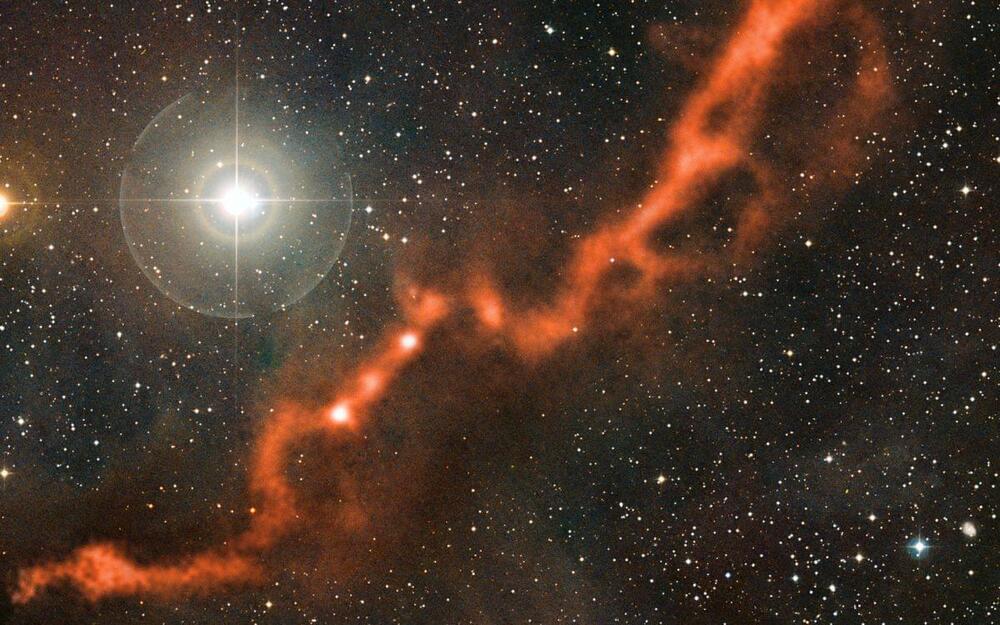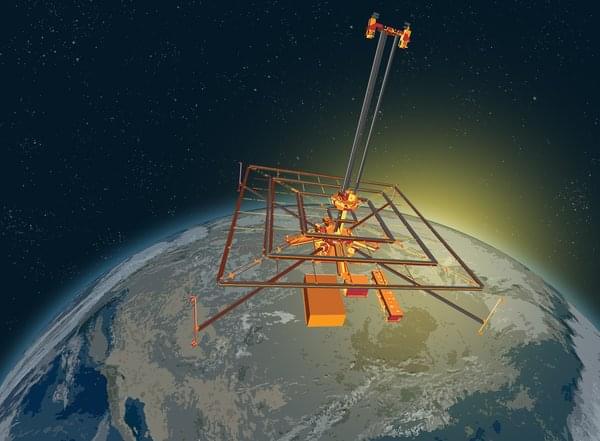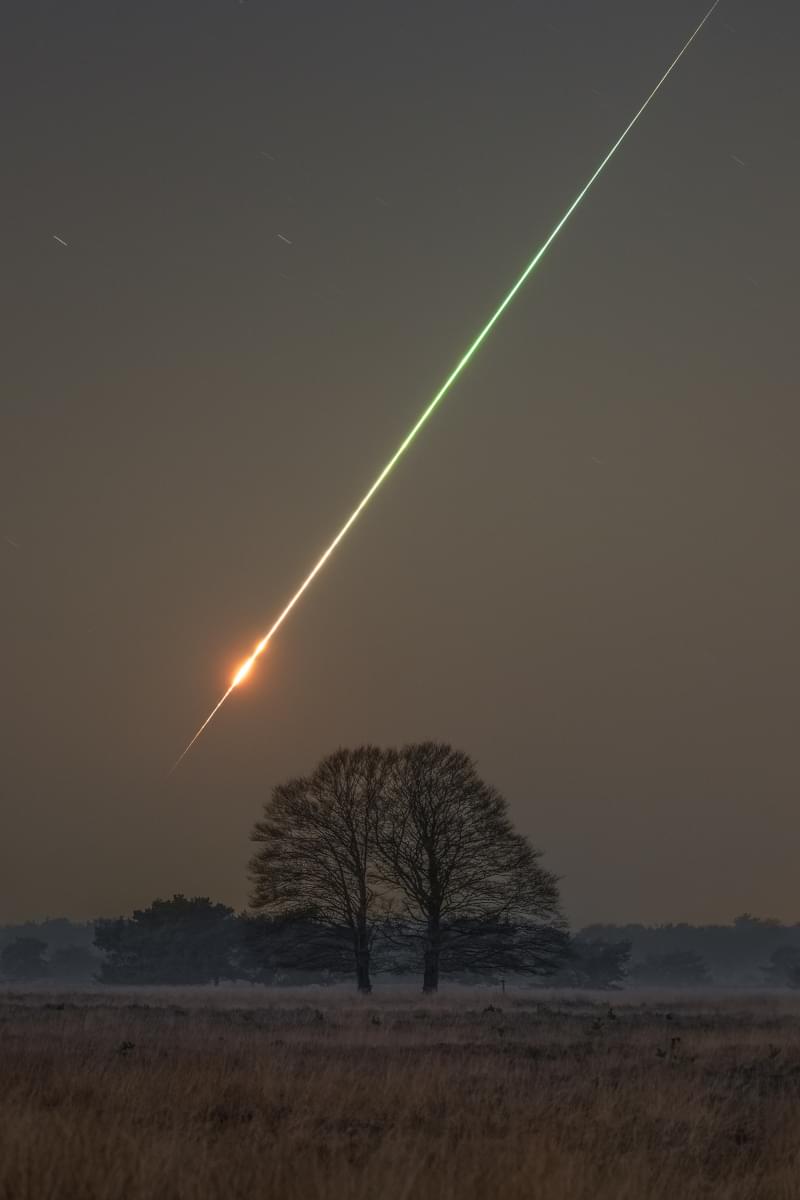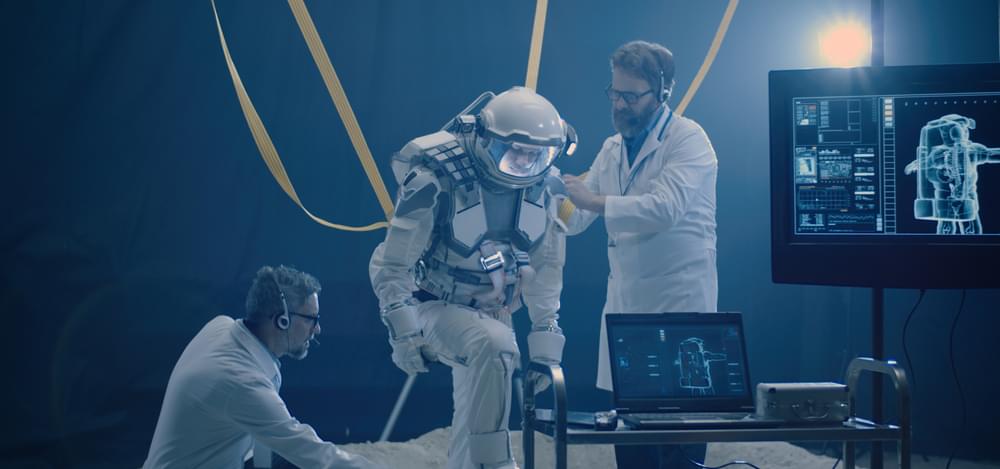
The “rank” of a graph is the number of loops it has; for each rank of graphs, there exists a moduli space. The size of this space grows quickly — if you fix the lengths of the graph’s edges, there are three graphs of rank 2, 15 of rank 3,111 of rank 4, and 2,314,204,852 of rank 10. On the moduli space, these lengths can vary, introducing even more complexity.
The shape of the moduli space for graphs of a given rank is determined by relationships between the graphs. As you walk around the space, nearby graphs should be similar, and should morph smoothly into one another. But these relationships are complicated, leaving the moduli space with mathematically unsettling features, such as regions where three walls of the moduli space pass through one another.
Mathematicians can study the structure of a space or shape using objects called cohomology classes, which can help reveal how a space is put together. For instance, consider one of mathematicians’ favorite shapes, the doughnut. On the doughnut, cohomology classes are simply loops.
















